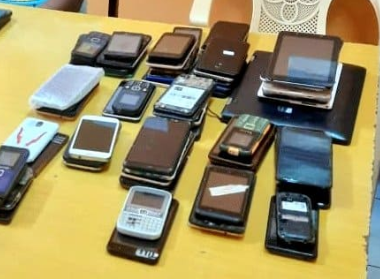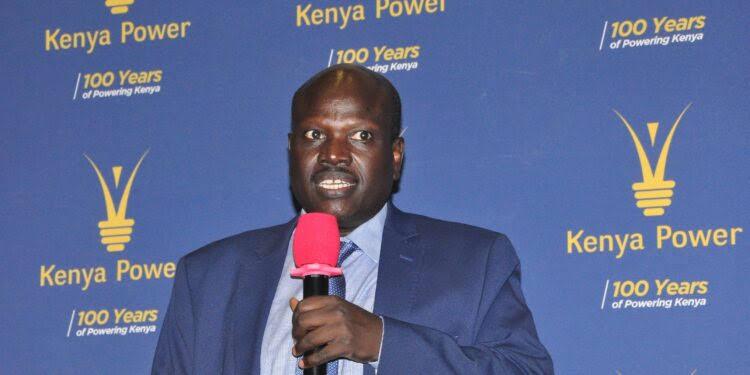
A new report shows that most Kenyans have resorted to buying refurbished second-hand smart phones, as the cost of the devices continue to skyrocket.
The GSMA digital penetration report cites a survey in which more than half of the respondents said they prefer used phones. “60 per cent of the survey respondents indicated preference for second-hand phones, enabling them to access their preferred phone at a lower cost, compared to acquiring a new phone with similar specifications,” the report, launched on Tuesday says.
The trend is evidence that introducing low-end smartphones has not completely boosted Kenya’s low uptake. The study focused on understanding how social, economic and cultural or religious factors influence customers’ decision to adopt and use smartphones.
Respondents were drawn from rural, urban and semi-urban regions for outcomes that are representative of the different dynamics of smartphone adoption in Kenya.
Apart from the cost considerations, 48.8 per cent of buyers said they regard a second-hand phone to be worth their money if it is from a reputable local or international brand.
Other high-quality features buyers consider are 6000mAh battery life, 16MP rear camera and 8MP front camera, 2GB RAM with 32GB storage space and a six months to one year warranty.
Further, the cost of smartphones in rural areas is higher than in urban areas due to high distribution costs, making them less affordable.
People in rural areas are 28 per cent less likely than those in urban areas to own a smartphone.
To boost affordability in low-income settings, phone vendors often specialise in selling low-end devices to make sales.
“I only sell Tecno and Neon brands because they are affordable. If a customer wants an expensive phone such as Camon, Samsung, etc, they must order in advance before I deliver it to them. I cannot stock these phones because most people cannot afford them here,” an unidentified phone vendor in Nakuru told the researchers.
On methodology, the survey involved both qualitative and quantitative data with multi-tiered interviews.
“A total of 11 interviews were conducted with tier one, two and three phone dealerships and MNO representatives, to understand customers’ considerations before buying a smartphone,” the report reads.
“The second phase of the research involved collection of quantitative data through surveys to validate the qualitative findings identified in the first phase.”
The qualitative data was synthesised and analysed into tags that were developed into research themes. A quantitative survey was carried out amongst 150 respondents from different parts of the country. Of the 150 respondents, half were in-person.
The interviews were conducted in Murang’a, Nakuru, Kajiado, Kiambu, Trans Nzoia and Nairobi counties. The captured data included feedback from individuals who did not have smartphones, had low literacy levels, or were older and could not interact with the online survey.
The survey was also conducted in Meru, Isiolo, Nairobi and Kilifi. A total of 60 in depth interviews, eight focus group discussions with six participants in each group and 11 key informant interviews were also conducted.











